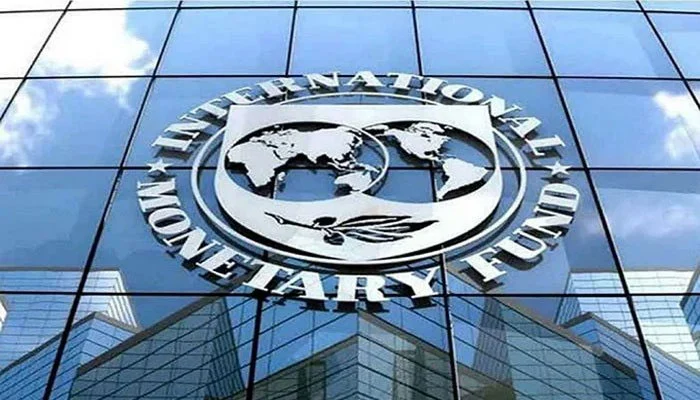The International Monetary Fund (IMF) has called for a stronger operational framework and price stability to combat inflation in Nigeria.
The IMF Resident Representative for Nigeria, Mr Ari Aisen, said this in his keynote address at the Financial Markets Dealers Association’s (FMDA) quarterly meeting on Friday in Lagos.
The FMDA quarterly meeting with the theme: “Nigeria Macroeconomic Developments and Outlook: IMF View,” was hosted by the First Bank of Nigeria Ltd.
Aisen said focusing on price stability was needed to tackle the country’s high inflation.
Speaking on the IMF policy recommendations to safeguard financial stability, he stressed the need for regulatory vigilance and timely actions against undercapitalised banks.
According to him, the introduction of additional macro prudential instruments are essential for financial stability.
He expressed concern over the structural challenges in Nigeria, noting that more efforts were needed to reduce corruption vulnerabilities.
Aisen called for improvement in government efficiency, initiating civil service reforms and ensuring accountability of COVID-19 spending.
He said, “more domestic revenue mobilisation is needed to reduce fiscal vulnerabilities and create policy space.”
Aisen urged the Federal Government to ensure permanent removal of fuel subsidies in line with the Petroleum Industry Act to boost revenue.
He, however, said compensatory measures for the poor should be in place to mitigate the effects of subsidy removal.
On exchange rate, Aisen called for a unified and market-clearing exchange rate to strengthen the external reserve.
This, according to him, will be achieved through complementary macro-economic structural policies to preserve competitiveness gains from any exchange rate adjustment.
He noted that the COVID-19 and Russian/Ukraine war had affected food prices all over the world.
Aisen said these developments had called for bold trade and agricultural reforms for inclusive recovery.
FMDA is the principal interface with the monetary authorities through policy advocacy and engagement aimed at promoting sound markets and ethical conducts comparable to international standards.









